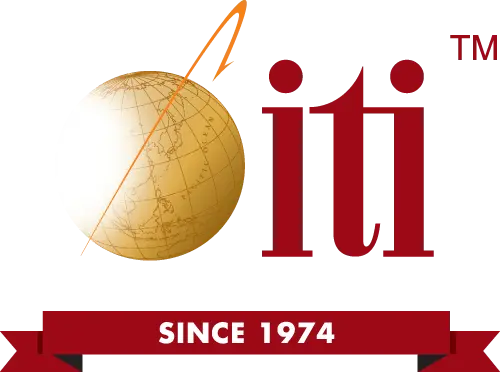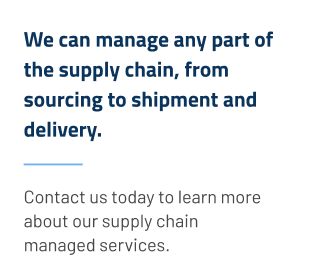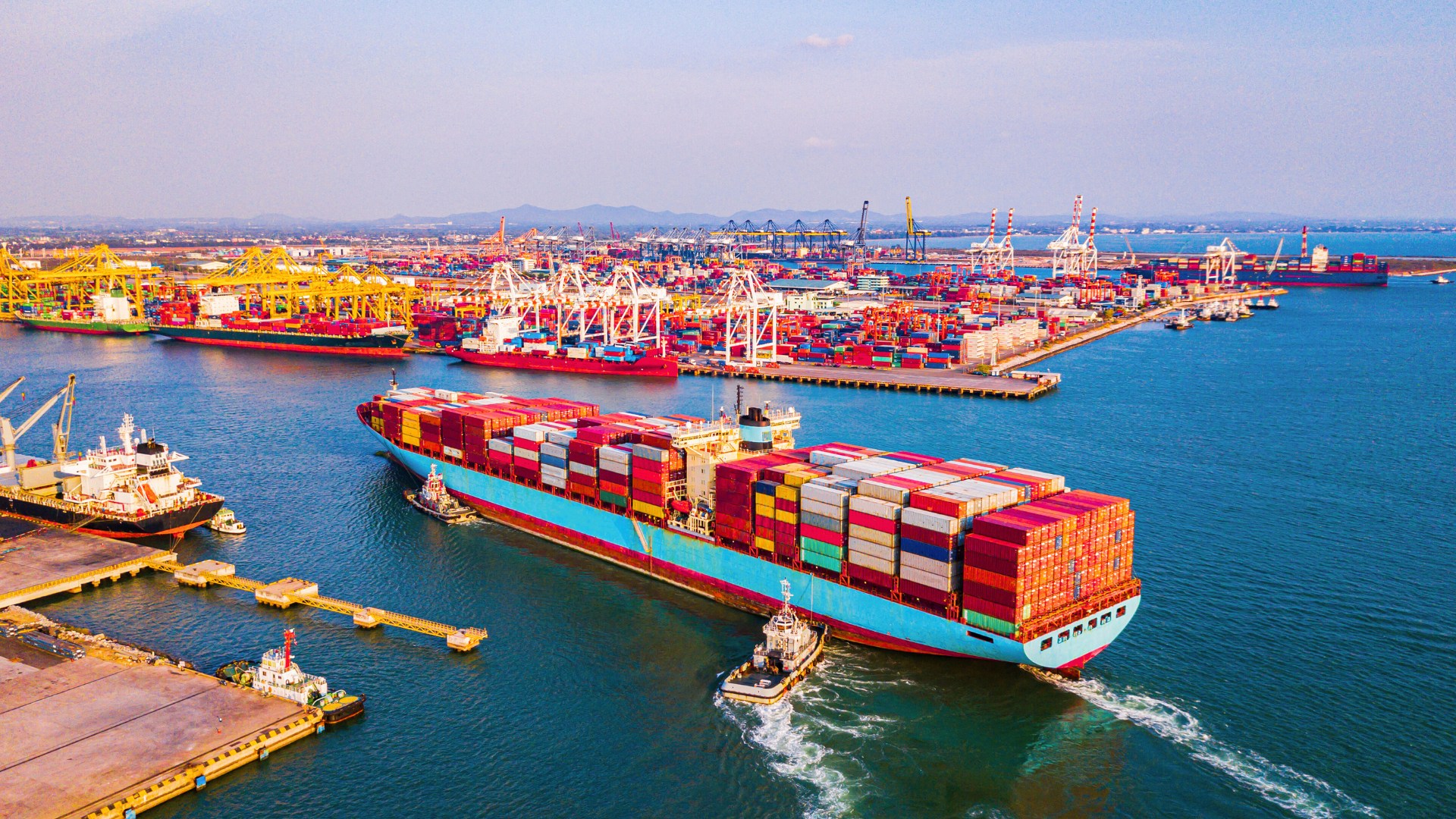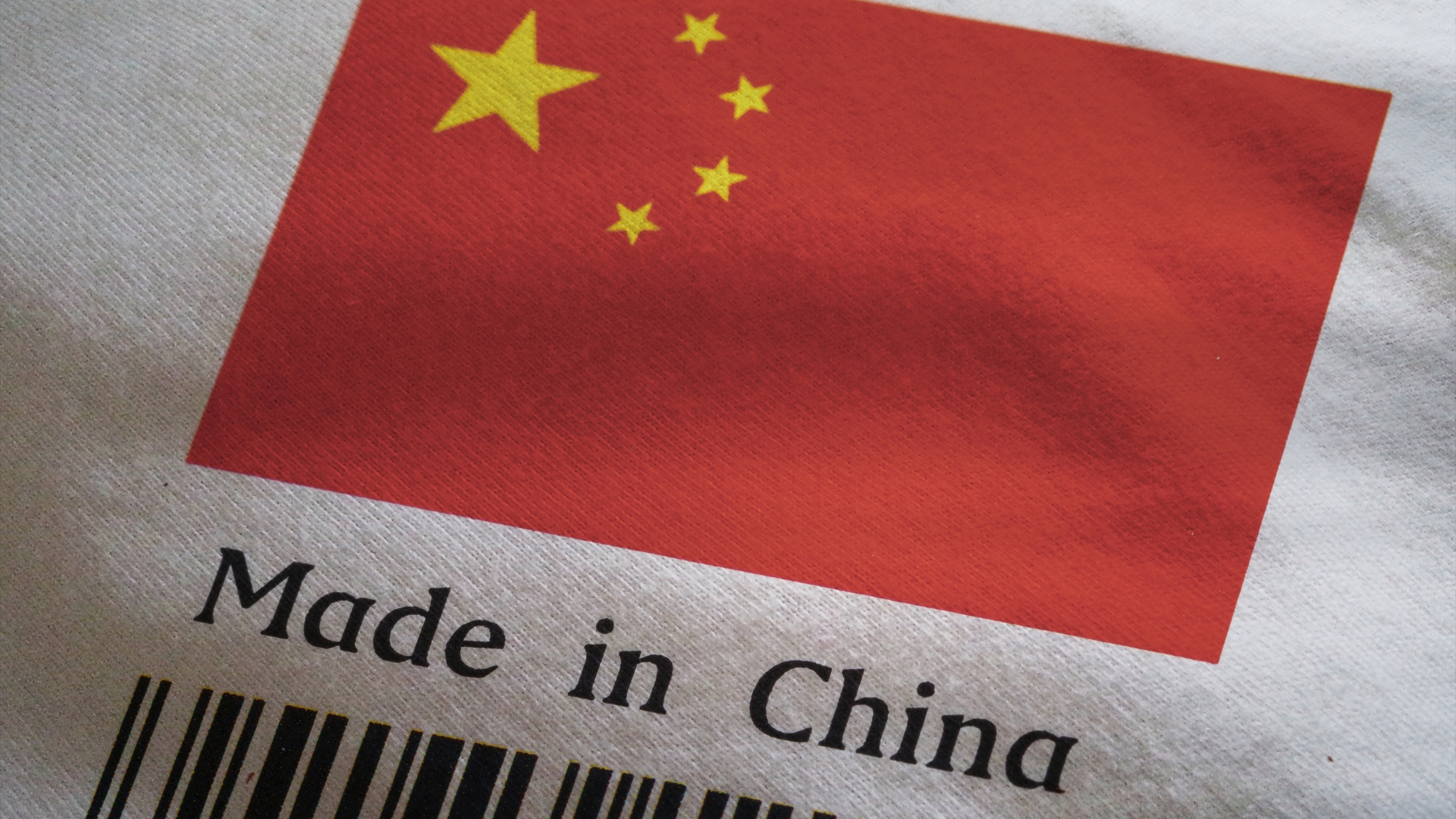Global manufacturing can be profitable and rewarding when companies do it right. It can create better economies of scale, help diversify risk, reduce costs, and allow your business to expand your products to new markets.
But it doesn’t mean that outsourcing doesn’t come with some challenges. Fortunately, if you’re aware of them upfront, you’ll be able to handle any potential problems with success.
Here are five ways that U.S. manufacturers can keep control of overseas manufacturing:
1. Establish and Maintain Quality Control
Quality is one of the critical factors in successful production abroad. Even though businesses outsource production primarily to save money, it is no reason to sacrifice quality.
While the global workforce is constantly increasing their experience and expertise, you should still establish your quality standards clearly and effectively from the beginning and then maintain them throughout the production lifecycle. Those who don’t might notice that quality gradually slips over a period of time or several shipments.

2. Keep an Eye on the Pulse of a Proven Production Process
Outsourced manufacturing is different than it is in the U.S. However, that should not come as a surprise to anyone. The country, the culture, the history, and the language are all different. Yet many U.S. companies expect things to happen precisely in an outsourced factory as it does here in the U.S.
If you are considering outsourcing your production or already experiencing unexpected issues, it could be helpful to learn more about the methodology, culture, and mindset of the outsourced manufacturing process.
It is essential to monitor all stages of the production process closely. You should enforce routine inspections and establish effective reporting lines that allow you to track progress and issues as they arise. Finding what seems to be an experienced outsourced factory is no reason to think, “Well, I completed that…”. Then, you assume all you have to do is wait for the delivery of your perfectly manufactured products.
3. Establish Quality Standards in Overseas Manufacturing
Establishing quality standards begins with realizing that no one knows the product like you (or your designers) do. From the start, you’ll want to communicate the CAD drawings, perfect samples, and excellent, and 100% tested and working prototypes. Likewise, your company must be sure also to share the documented testing and inspection criteria. After you’ve received a disappointing approval sample, isn’t the time to start thinking about what you should’ve told the factory up front.
All of the above detail, including what issues you might have encountered in making the prototype, could be helpful to the factory. No need to reinvent the wheel. If in doubt, document and communicate it!
4. Protect & Enforce Your Standards
Be proactive in enforcing and reinforcing your standards if you find deviations, no matter how small. When (not if) something goes wrong and you receive samples or inspection reports that are not up to specifications, that is the time to take action.
Otherwise, you’ll receive defective or out-of-spec products and have a much larger issue on your hands. It is much less expensive to deal with issues per-shipment than post-shipment. The farther away from the shipment’s factory, the more expensive it is to correct.
5. Consider Working With an Experienced Outsourcing Liaison
If you’re overwhelmed handling your own manufacturing, it might be time to consider working with a global manufacturing liaison.
An experienced and reliable partner can often solve and prevent issues you do not know existed. They will help ensure you are ready to take your product to an outsourced factory and have people on the ground to interact with the factory in person. They will study, understand, and communicate your quality requirements in that factory personnel’s native language and ensure that suitable materials are used in production. The most accomplished companies will also guarantee your products from manufacturing defects.
ITI manufacturing is a trusted global manufacturing liaison. We are an OEM contract manufacturer with 45 years of experience. We’ve worked with hundreds of U.S. companies in various industries with various materials and manufacturing processes. If you have questions, we’re happy to show you how easy it can be for you to have global manufacturing success.





